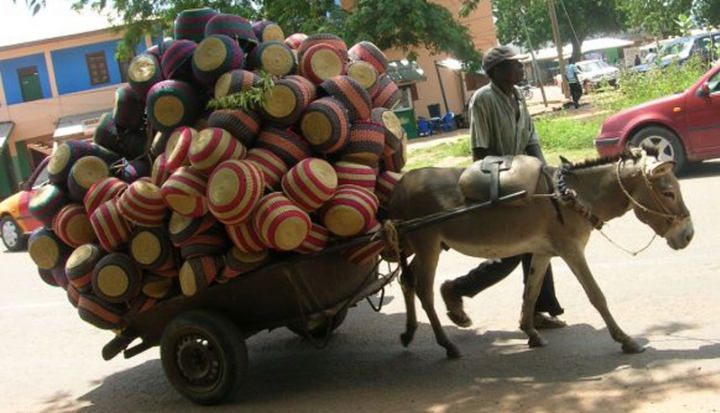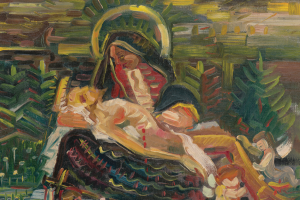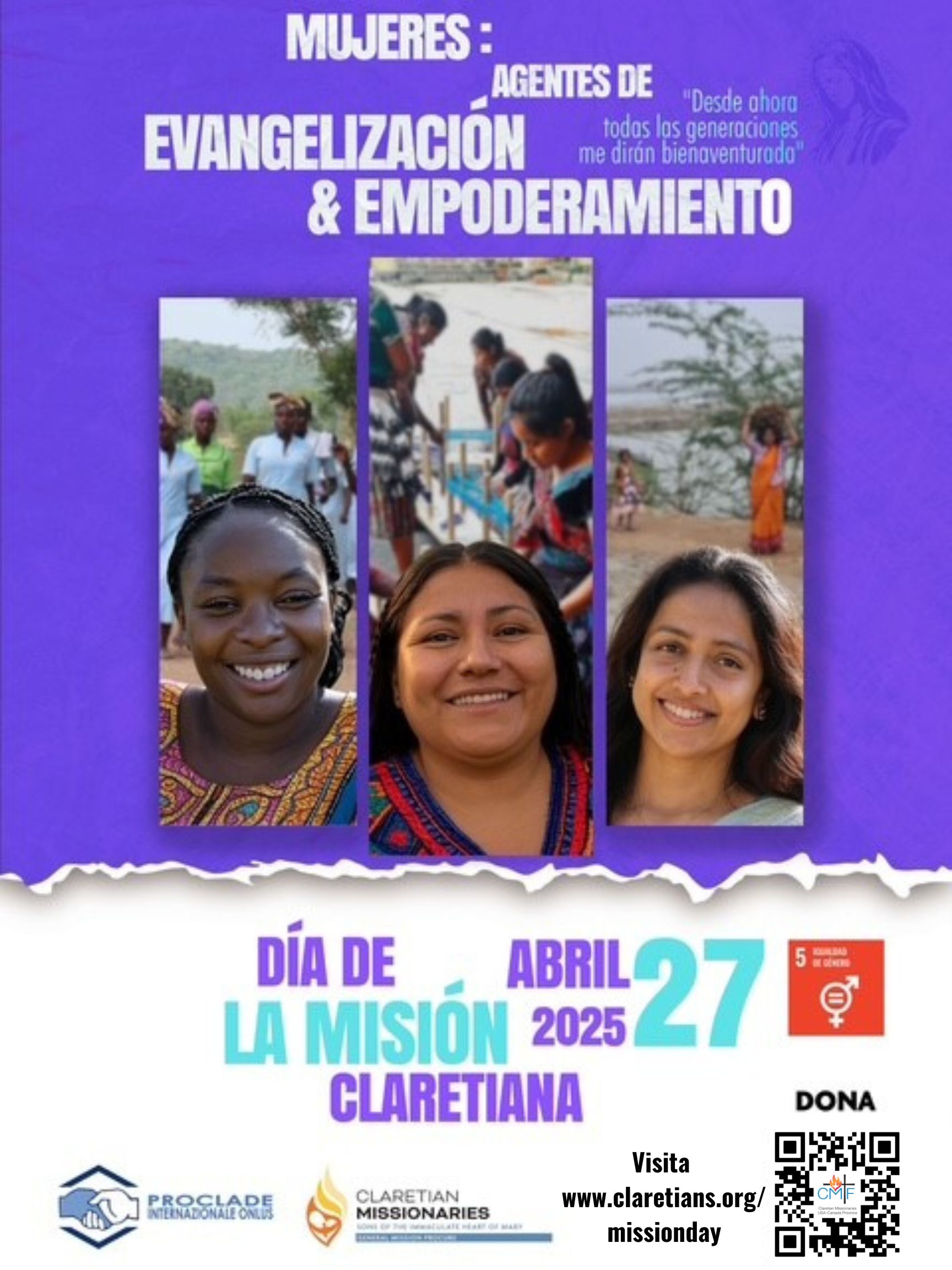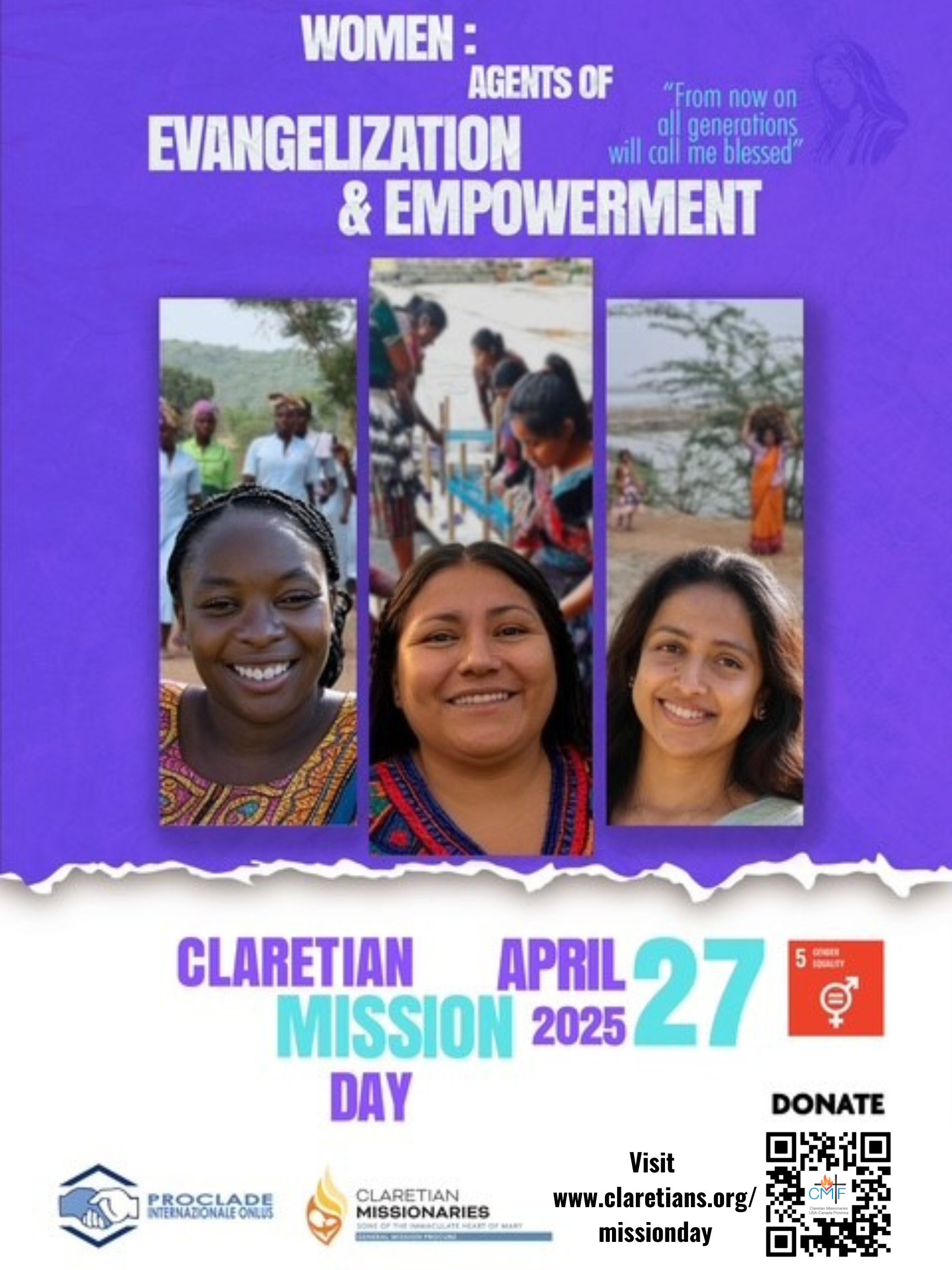During my two weeks in Ghana, there was virtually no rain. In mid-July, the fields of Northern Ghana should already be teeming with corn, their second crop. This year, the first millet crop was not yet fully grown. Traditionally the rainy season is four to five months during which they grow four crops; due to climate change it is now only two to three months. The shrinking rainy season is drastically impacting the people’s ability to grow enough food, maintain an agricultural sector, and address critical health needs.
Surrounded by challenges they cannot change, the women of Northern Ghana are creatively working together for the flourishing of their communities. Enhancing participation of women is a hallmark of sustainable development. Women are the gatekeepers for the health and wellbeing of children and often the community itself. In Ghana an entrepreneurial spirit is part of traditional gender roles for women through farming, crafts, and local markets, according to Dr. Akua Britwum at the University of Cape Coast. The women I met are expanding their traditional roles to build more resilient communities.
A staple at your local fair trade store are baskets from Bolgatanga, Ghana. Full of intricate patterns and vibrant colors, these baskets are not rural handicrafts but beautiful and functional works of art. While visiting a weaving cooperative in Bolga, I was honored to listen to the women’s stories and mesmerized by their attention to detail as they weaved. Speaking through interpreters, two generations of women shared stories of how working together enables them to fill bigger basket orders, and more important, they earn more money to build their farms, pay school fees, and buy health insurance.
The women eagerly told me of their growth as a cooperative, incorporating savings and microloans. They shared their hopes for the future, bragging that many younger members are able to read and write. Working together, these women are building resilience and claiming a greater voice in their society.
As they do so, the women get support from Catholic Relief Services (CRS), the international humanitarian agency of the Catholic Church in the United States. The Bolga weaving cooperative, as well as the three other communities I visited, participate in a CRS program called Savings and Internal Lending Communities, or SILC. Through SILC, CRS provides initial training and support to foster financial independence among local groups of women.
How do they use the loans? Almost all the answers were the same: to buy more weaving materials, farm supplies, extra food, and to pay school fees. A community social fund provides interest-free loans to pay health insurance or, in an emergency, a hospital bill. These women cannot access traditional banking and microfinance, but together they are building another way.
“I now have the courage and confidence to speak out,” Ellen proudly shared with our group. Her voice was magnified by her colleagues and the women I met at the other cooperatives. The rainy season or global financial structures are outside their control, but they are steering the sustainable development of their community.
In his encyclical Laudato Si’, Pope Francis challenges us to see the intimate connection between the fragility of the environment and the vulnerability of poor communities. He issues a strong challenge to join those on the margins and build a culture of solidarity. In Ghana, I witnessed this being powerfully lived out by the efforts of these strong women in partnership with CRS and others.
For American Catholics CRS offers an invitation to get involved, to support their work, and to advocate for more just policies. Through CRS and fair trade we can all become partners with the graceful and determined women I met in Northern Ghana.
This article appeared in the October 2015 issue of U.S. Catholic (Vol. 80, No. 10, page 8).
Image: Flickr cc via G-lish Foundation












Add comment